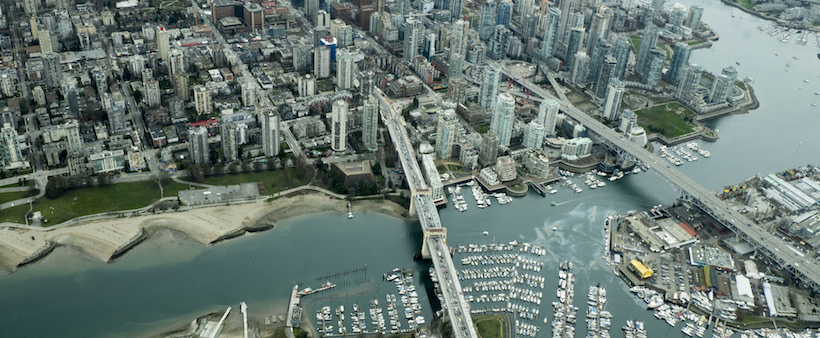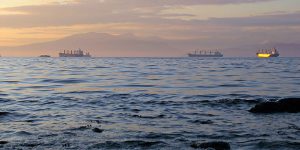
Press Release: Consulting Team Helps City of Vancouver with Sea Level Rise Strategy
- Posted by Compass Resource Management
- On November 2, 2016
Strategy
Sea level rise poses a significant risk to the City of Vancouver. The risk and the potential solutions to adapt to rising seas are extremely complex. Compass Resource Management, Ebbwater Consulting, Northwest Hydraulic Consultants and Urban Systems were retained by the City to help them better understand the risks, to develop high-level adaptation options and to create a unique, inclusive decision-making process to explore trade-offs between various adaptation options.

About the Project
This project breaks new ground in evaluating the implications and timelines of sea level rise on coastal communities, and provides a model for other communities grappling with the challenges of assessing and managing flood risks from a rising sea. The project included several leading-edge concepts for climate adaptation in Canada:
- The project recognized that a wide variety of values needed to be incorporated into the decision-process. The project team worked with stakeholders and city staff to develop evaluation criteria in the categories of people, environment, economy and implementation. These included criteria such as: number of people displaced and area potentially flooded, risk of contaminant release, damage to buildings, cost of emergency response, aesthetics of intervention, and adaptability of intervention.
- The holistic approach to evaluation of flood mitigation options necessitated the development of new science-based methods for flood risk assessment. In future, these methods can be applied to other municipalities at risk from flooding.
- The project followed an innovative Structured-Decision-Making process that helped layout and clarify the short and long-term trade-offs associated with climate adaptation. The process involved the use of a series of stakeholder workshops to identify interests that might be affected, the development of suitable mitigation alternatives, a review of the performance of each alternative and a trade-off analysis.
- This project also explored the all-important question of when to implement adaptation alternatives. Too early will mean wasted dollars and abrupt changes in our communities. Too late and we are at risk of undue suffering from climate extremes. Finding the sweet spot on the timeline is a key component of adaptation planning. A timing tool that helps prioritise actions was developed as part of this project, and could be applied to other communities at risk from sea level rise.
- The project identified potential adaptation options for 11 coastal neighbourhoods under the broad themes of protect, adapt and managed retreat. The work provides guidance on which areas need attention in the short-term. And, for areas where intervention is not required for many decades, ideas on which options should be preserved were provided (i.e. where a dike might be one suitable option, it is important that new infrastructure is not built where a future dike might go). This high-level information will be used to guide future community engagement.
The project continues to inform sea level rise strategy at the City of Vancouver. More information on the City’s work in this area, including a copy of the report, can be found here: http://vancouver.ca/green-vancouver/sea-level-rise.aspx
Contact Information
For further information on the overall process:
Project Manager and Decision Analyst
Compass Resource Management
Graham Long, Eng.D.
Phone: 778.863.1976
Email: glong@compassrm.com
For further information on risk assessment methods, timing tool, and engineering options:
Technical Lead and Flood Specialist
Ebbwater Consulting
Tamsin Lyle, P.Eng
Phone: 604.787.6856
Email: tamsin@ebbwater.ca



0 Comments